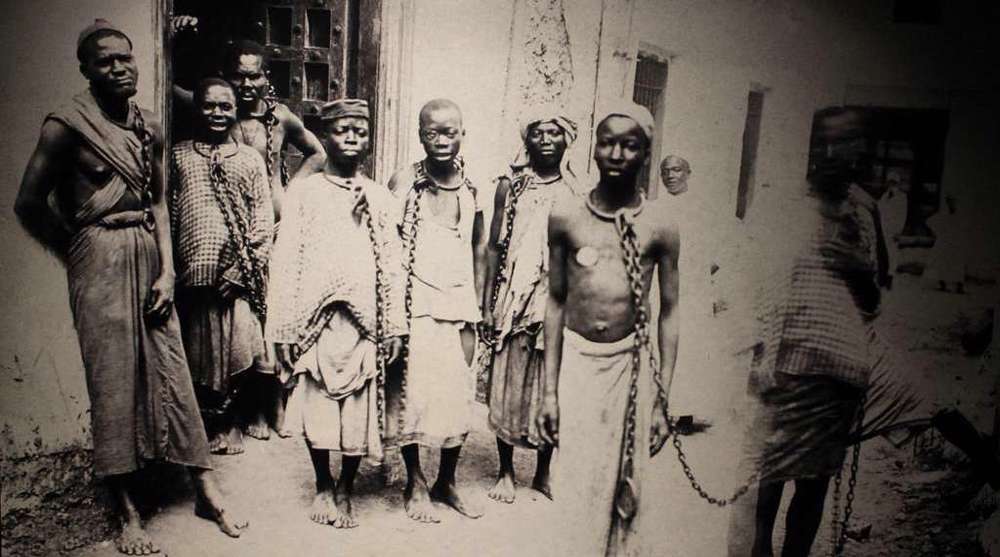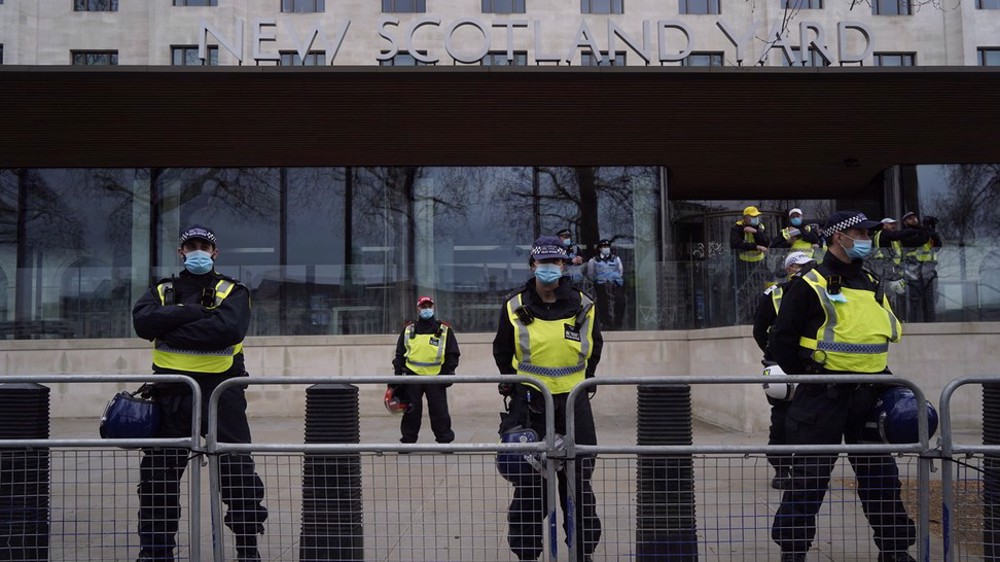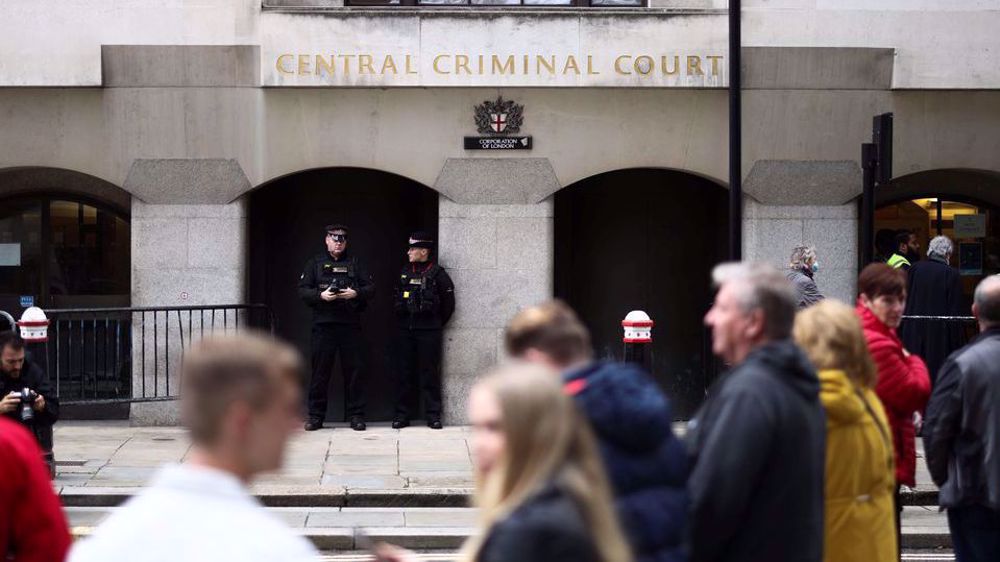UK Met Police advise women to run if threatened by male officers
The UK Metropolitan Police have issued new advice for women who do not trust a male officer to “seek assistance” or run away if they felt unsafe or were in “real and imminent danger” when being stopped by an officer.
In a statement released on Thursday, the Met advised women to “shout out to a passer-by, run into a house or wave a bus down” in case they felt danger from a police force.
The development came in the wake of sentencing to life of serving Met officer Wayne Couzens for kidnapping, raping and murdering Sarah Everard, a marketing executive, in South London.
The police service also warned the public to challenge plainclothes officers, demanding they prove they are legitimate, after Couzens used his ID to fake Everard’s arrest before forcing her into a hire car. Her body later was found in woodland around 50 miles away in southeast England, while a post-mortem concluded she had died as a result of compression of the neck.
After the Couzens court hearing on Thursday, the Met were at pains to admit that it was “sickened, angered and devastated” by his crimes, with Commissioner Dame Cressida Dick saying that she is “so sorry” he was able to use his “position of trust” to “deceive” Everard.
“He has very considerably added to the sense of insecurity that many have in our cities, perhaps particularly women,” the Met police commissioner said, adding, “I absolutely know that there are those who feel their trust in us is shaken. I recognize that for some people a precious bond of trust has been damaged.”
Cressida Dick has been facing mounting calls for her resignation over several of the force’s failings. Opposition lawmaker Harriet Harman has also called on her to resign, saying, “Sarah Everard was simply walking home. Women must be able to trust the police not fear them. Women’s confidence in police will have been shattered.”
Everard’s case has launched forward discussions regarding the Met’s vetting process, with Thursday’s statement adding, “We are reviewing our crime screening process in respect of indecent exposure. We want to better understand the information we have as part of our approach to the identification and policing of crime hotspots.”

Decolonizing UK Education Conference

Rights groups urge UK prime minister to hold back on anti-migrant rhetoric

Report: Most Britons ignorant about scale of UK slavery
Leader offers condolences over ‘painful’ port blast in southern Iran
VIDEO | Yemeni army attacks sensitive Israeli military sites with ballistic missiles
VIDEO | Defiant amid ruins: US airstrikes rock Sana'a
51 civilians killed in Gaza as Israel ramps up attacks amid all-out blockade
VIDEO | Mohsen Eslamzadeh, visionary filmmaker
Israel bombs Lebanon's capital Beirut
Trump wants 'free' transit for US ships in Panama, Suez canals
Israel and its arms suppliers ‘must be stopped,’ UN says








 This makes it easy to access the Press TV website
This makes it easy to access the Press TV website